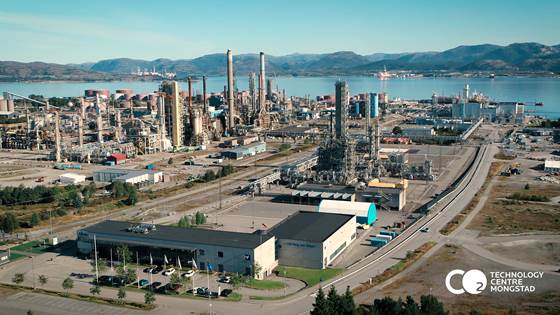
40 network partners from 16 countries will work together to reduce CO2 emissions from industry in Europe
New EU project will help reduce CO2 from industrial clusters and hubs in Europe using carbon capture, use and storage (CCUS).

New EU project will help reduce CO2 from industrial clusters and hubs in Europe using carbon capture, use and storage (CCUS).
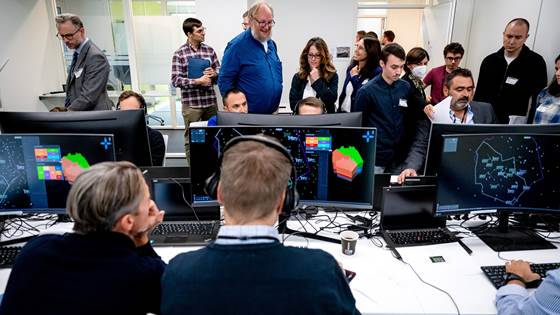
Air traffic controllers from Norway and Italy tested new software in a real time validation exercise at research institute SINTEF's premises in Oslo. The software aims to help them make better use of the airspace and reduce flight delays.
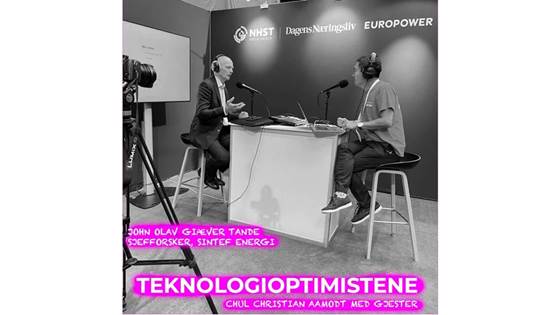
NorthWind director John Olav Tande is a guest on the latest episode of Teknologioptimistene (Technology optimists) podcast, hosted by Chul Christian Aamodt.

Today we think of cusk as a bycatch species of little or no value. But our test panel came to quite a different conclusion.
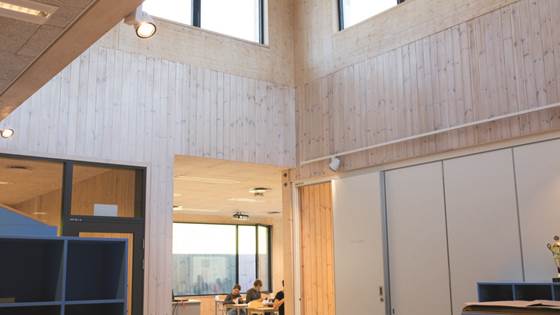
Did you know that light is a factor that affects both learning and the psychological development in school children? The right kind of light can boost performance in reading, writing and maths, and suppress restlessness and aggression.
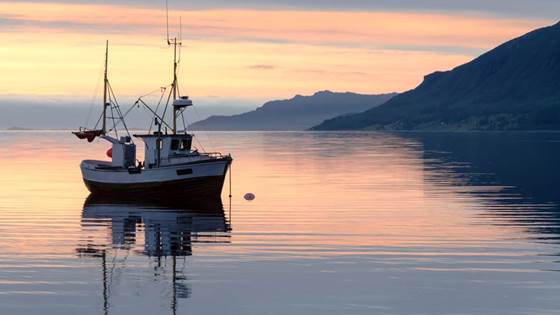
The fishing and aquaculture industry in Norway has larger CO2 emissions than civil aviation, according to a new report (link in Norwegian) presented by ZeroKyst at Nor-Fishing 2022.
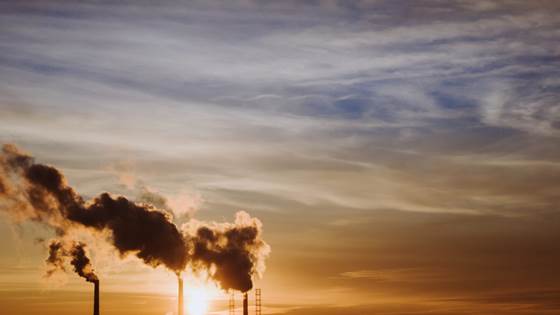
In collaboration with SINTEF, the industrial company Removr aims to become a world leader in direct CO2 capture from air.
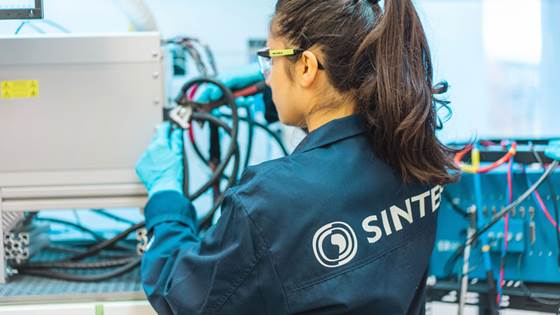
A new European research project will make the battery production more affordable and more environmentally friendly. The batteries will be safer and more effective.
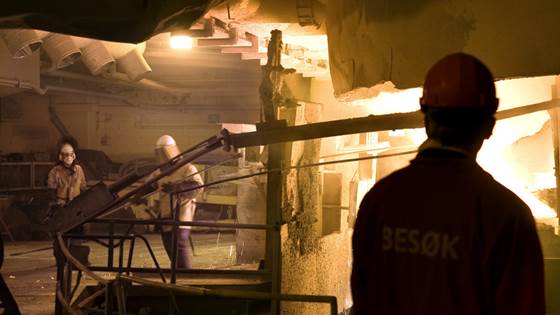
Most people know that metals are made from ore, but how do we make gold from gravel? That’s the process we must understand to be able to make the metal industry climate friendly. Here are some alternatives for CO2-free metal production.
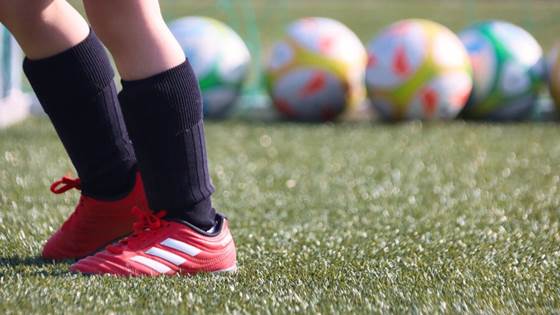
It is difficult to recycle artificial turf and there are no obvious deposit-return systems for these plastics on the market. But researchers are now looking to find a solution to the problem.
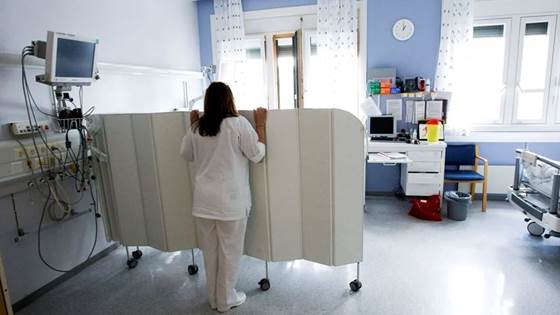
The emergency department at St. Olav’s Hospital shows the way and has succeeded through a completely unusual hunt for ideas.
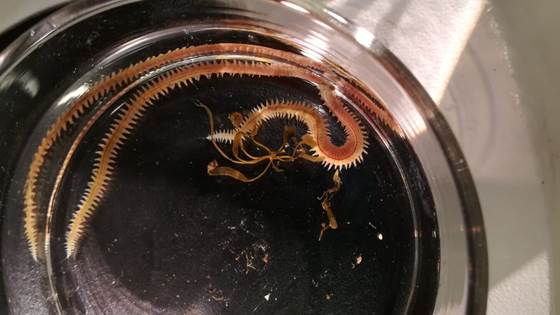
Researchers had the crazy idea of feeding ragworms with locally-cultivated seaweeds. The results were as gold-edged as the worms themselves – a high-quality, locally-sourced and sustainable feed for farmed salmon.
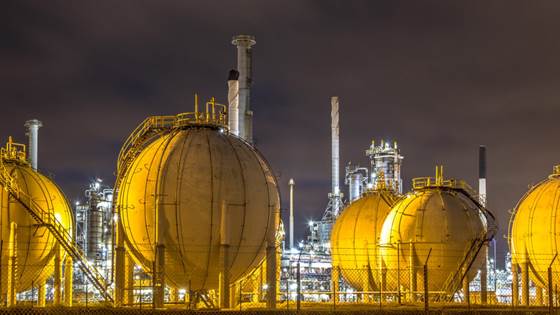
A team of Norwegian researchers has succeeded in producing hydrogen using a far more efficient method than is currently in use. The technology was ready as early as in 2017. The team has also demonstrated that the process can be scaled up for...
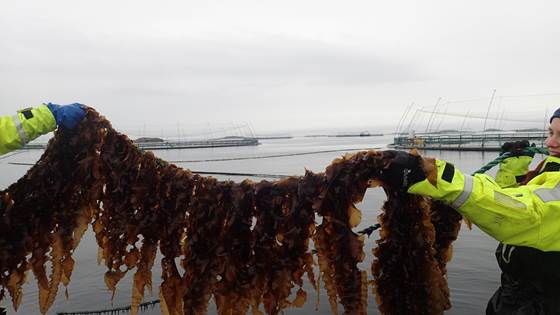
SINTEF, DNV, Equinor and Aker BP have signed an agreement to make the world’s first pilot project for active, nature-based carbon capture at sea a reality. The goal is to develop technology and methods that can capture millions of tons of CO2 with...
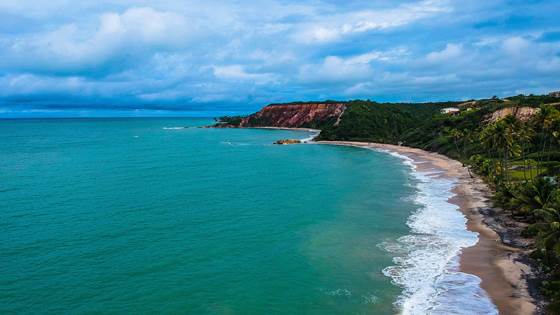
Allocations for two new projects under the EU Missions Ocean call have been announced, with SINTEF having received four projects, two of which we will lead.